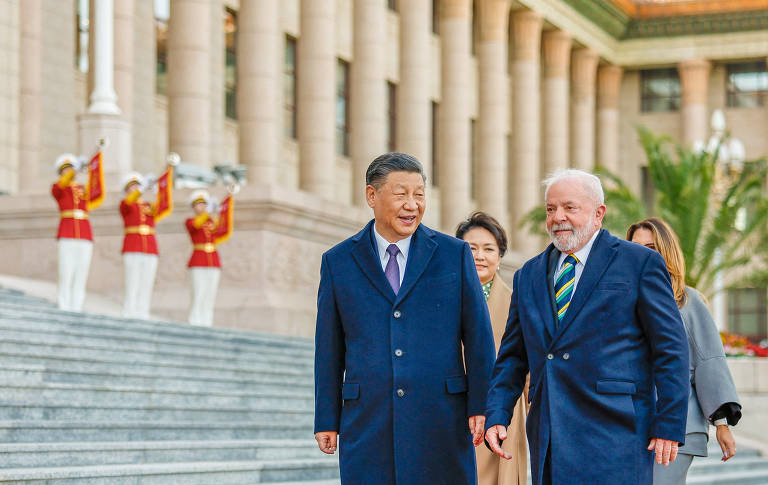The agreement for commercial transactions in direct exchange between the Brazilian Real and Chinese yuan, signed between Brazil and China during a visit of Brazilian businessmen to Beijing in March, should further consolidate the position of the Chinese currency as the second most important currency in Brazil's international reserves.
According to a report released by the Brazilian Central Bank last month, the yuan —which is officially called the renminbi— came to represent in December last year 5.37% of the total basket of foreign reserves, displacing the euro, which has 4.74% share. The dollar continues as the currency with the largest share of investments in Brazil's international reserves, with a share of 80.42%.
In the Central Bank's assessment, there were no significant variations in the composition of the portfolio in 2022 compared to the closing of the previous year, when the monetary authority sought greater diversification in the allocation of currencies from international reserves. In 2021, the yuan's share had risen to 4.99%, a percentage four times higher than that allocated a year earlier, at 1.21%. At the same time, the representation of the dollar retreated 5.69 percentage points in the basket in the same period.
In the coming years, the Chinese currency should gain even more ground in Brazil after the agreement for the ICBC (Industrial and Commercial Bank of China) to start acting as a compensation bank for the yuan in the country, allowing Brazilian and Chinese businessmen to carry out commercial transactions without going through the dollar.
Translated by Cassy Dias
